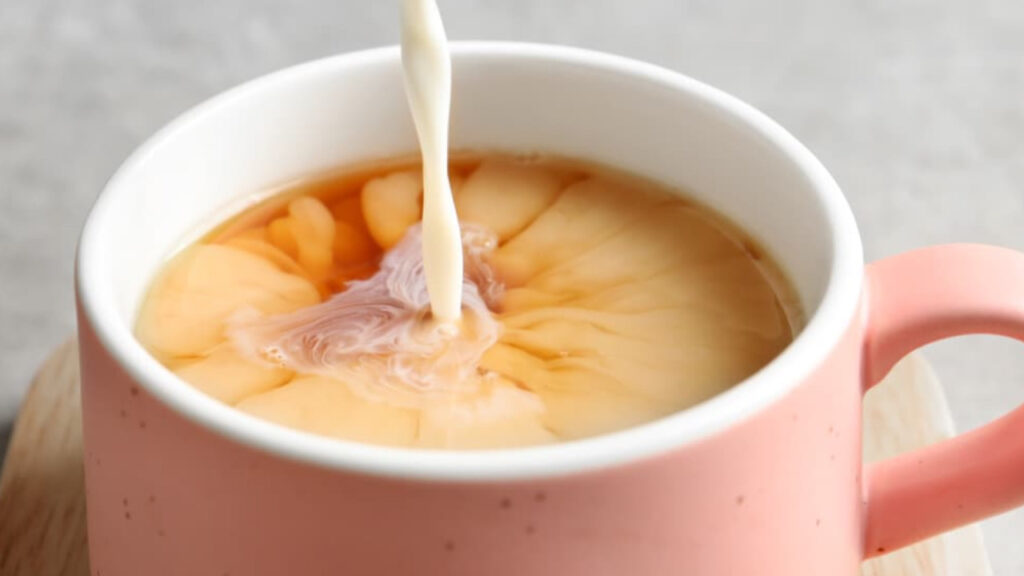Health News
Tea is one of the most popular beverages in the world, loved for its comforting aroma and refreshing taste. While moderate tea consumption can have health benefits such as boosting antioxidants and improving focus, drinking tea in excessive amounts can lead to several health problems. This article explores the potential harms of consuming too much tea.

Caffeine Overload
One of the most common side effects of drinking too much tea is caffeine overload. Although tea generally contains less caffeine than coffee, drinking several cups daily can still lead to issues such as insomnia, restlessness, anxiety, and increased heart rate. Caffeine can also interfere with your sleep cycle, making it harder to fall asleep or get restful sleep.
Iron Absorption Issues
Tea contains compounds called tannins, which can hinder the absorption of non-heme iron (the type of iron found in plant-based foods). This may lead to iron deficiency, especially in people who already have low iron levels or follow vegetarian or vegan diets. Over time, this could result in fatigue, weakness, and even anemia.

Digestive Problems
Excessive tea consumption may irritate the stomach lining, especially if consumed on an empty stomach. Some people may experience acid reflux, stomach cramps, or nausea due to overconsumption. Tea, especially black tea, can also increase acidity levels, which might not be suitable for people with sensitive digestive systems.
Dental Stains and Erosion
Drinking tea frequently can stain your teeth due to the presence of tannins. These compounds cause plaque to stick to your teeth more easily, which can lead to yellowing over time. Moreover, tea is slightly acidic, and when consumed excessively, it can contribute to enamel erosion.

Dependency and Withdrawal
People who drink large quantities of tea may develop a dependency on caffeine. Missing a dose can lead to withdrawal symptoms such as headaches, irritability, fatigue, and difficulty concentrating.
While tea can be a healthy part of your diet when enjoyed in moderation, drinking too much of it can negatively impact your body. To avoid these side effects, it’s best to limit your intake to 2 or 3 cups per day and opt for herbal or low-caffeine varieties if you are sensitive to caffeine. Always listen to your body and consult a healthcare provider if you notice any adverse symptoms.
Tea is a beloved drink enjoyed by millions across the world. While it offers several health benefits when consumed in moderation, excessive intake can lead to various health issues. From digestive troubles to sleep disturbances, too much tea can quietly affect your well-being. Understanding these side effects can help you make healthier choices in your daily routine.





